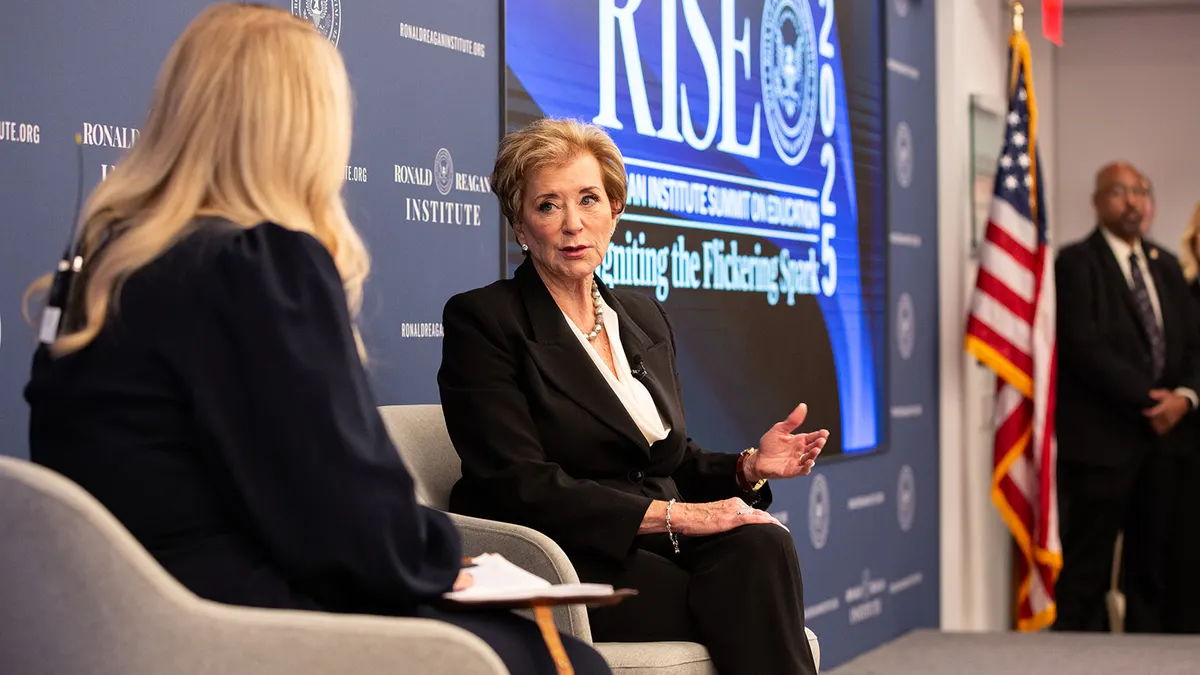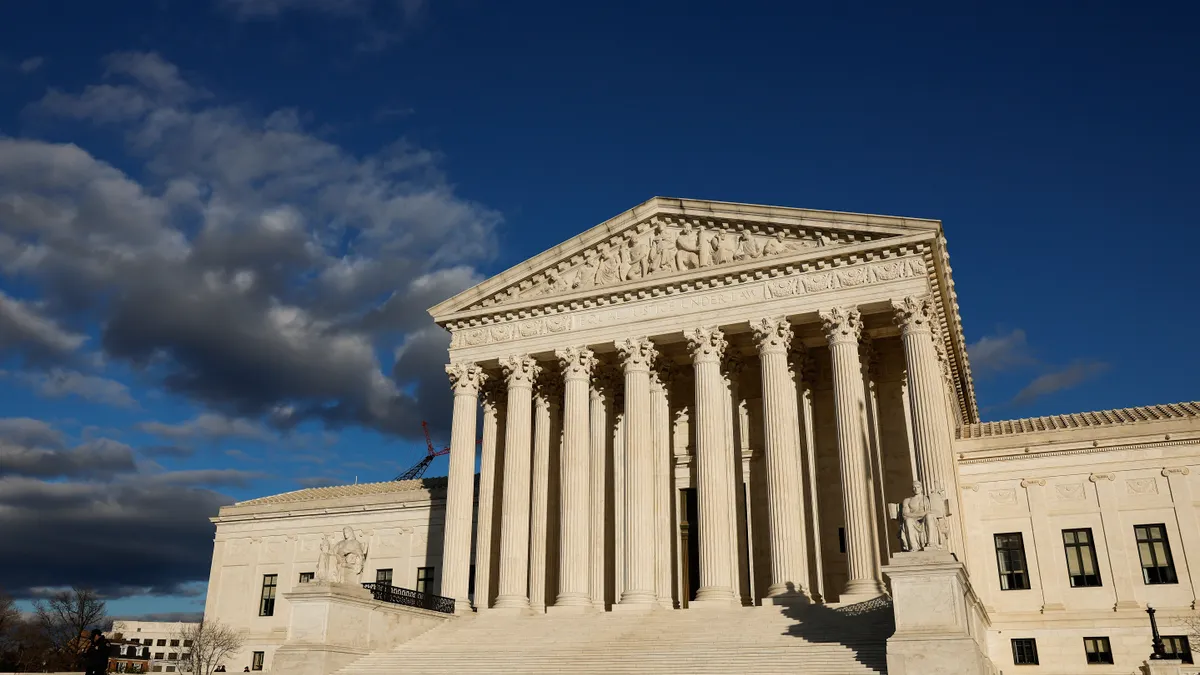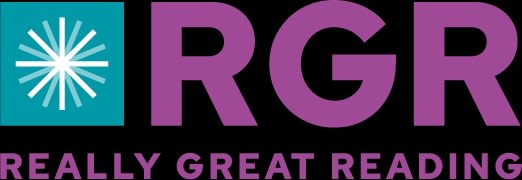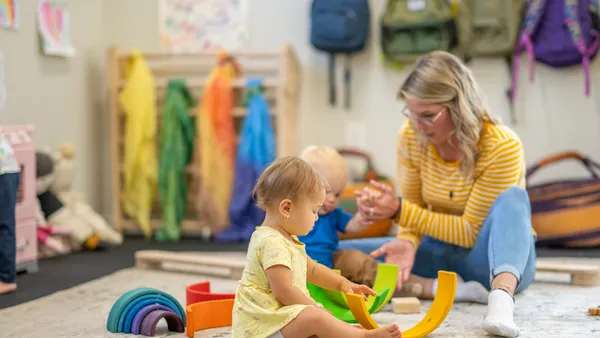WASHINGTON, D.C. — U.S. Secretary of Education Linda McMahon called for schools to teach civil discourse and for leaders to model respectful disagreement during a fireside chat at the Reagan Institute Summit on Education Thursday.
"We've learned that it's not just about discourse, but it's the way we have discourse," said McMahon. "We have to be more civil. We have to teach how to disagree. Hold on to your beliefs and your principles. Be willing to listen, because you may not always be right."
The comments came after several instances of violence on K-12 and college campuses, including the assassination of conservative activist and media personality Charlie Kirk on Sept. 10 at Utah Valley University in Utah.
The chat with Indiana Education Secretary Katie Jenner covered a wide range of topics, including literacy, school choice, career and technical education, and innovative local and state education practices.
The day before, on Wednesday, the Education Department sent a letter to chief state school officers encouraging them to consider submitting waivers for certain federal requirements, which would allow local and regional school systems flexibilities to implement academic reforms.
Student literacy improvement, McMahon said, is her No. 1 priority as education secretary. The Education Department is addressing this in several ways, she said, including through competitive grant programs and by learning about state-level initiatives for science of reading approaches and creative instructional practices like teaching cursive writing to students.
McMahon said she wants to leave behind a legacy of having local and state school systems being able to share effective and innovative educational practices with the Education Department so that the department can share those best practices more broadly.
Regarding school choice, McMahon said the issue shouldn't be partisan. "This is about our kids. Let's give them the opportunity to get the best education they can," McMahon said.
In July, Congress passed the Republican-led “One Big, Beautiful Bill,” which contains the first federally funded private school choice program to be offered nationwide. States will need to opt in to participate.
McMahon said the U.S. Department of Treasury will be writing regulations for the permanent federal tax incentive program to generate funds for families’ K-12 educational expenses. Those expenses could include tuition at private secular and religious schools, homeschooling and tutoring costs, educational therapies, transportation, technology and other charges at public or private schools.
Many Democratic lawmakers and public school advocates have denounced the federal school choice program and state-level private school voucher programs as pulling funding away from public schools, where most students are educated. They also criticize what they say are these programs' lack of accountability and transparency.
Jenner asked McMahon about the Education Department's move to transfer more responsibility for career and technical education programming out of the Education Department and to the U.S. Department of Labor.
McMahon said she's working with the Labor Department to streamline CTE services, as well as studying CTE models in states and districts to understand how schools, colleges and communities can collaborate to design CTE programs that meet the needs of students and businesses.
That includes providing workforce credential programs in high schools so students graduate prepared for competitive employment, said McMahon. She said she is also a proponent of high school college preparation efforts. "I'm not saying kids shouldn't go to college," she said. "I'm just saying all kids don't have to go in order to be successful."
McMahon added, "It's an exciting time in education. It's an exciting time in labor development in our country, but it's a challenge, and it's a real responsibility for us to not get stuck in what has clearly not been working before, to have open minds of how we move forward.”












